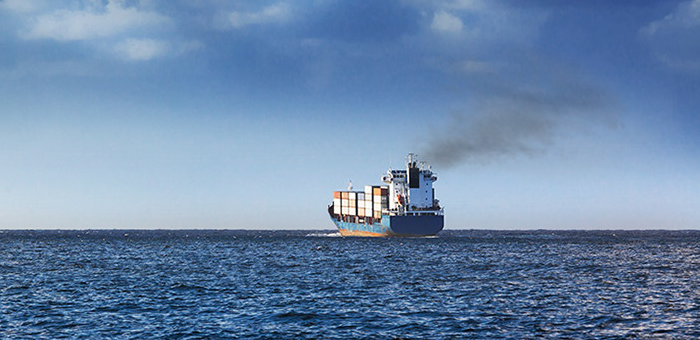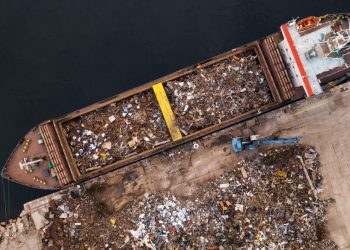IBIA announced that it will be present at the 6th session of the IMO’s Sub-Committee on Pollution Prevention and Response (PPR 6), which will endeavour to complete work on remaining issues relating to consistent implementation of the 0.50% sulphur limit set to take effect from 1 January 2020, so that these can be sent to the 74th meeting of the Marine Environment Protection Committee (MEPC 74) in mid-May for any final revision and approval.
Mainly, IBIA’s members are interested on the finalization of draft guidelines on consistent implementation of the 0.50% sulphur limit under MARPOL Annex VI, draft amendments to MARPOL Annex VI relating to sulphur testing and verification issues, and associated existing guidelines such as Port State Control (PSC) guidelines.
Moreover, IBIA pressures on the matter of a sensible and uniform approach to sulphur testing and verification. If this was to be accomplished, ship operators and bunker suppliers would not be subjected to unreasonable and different treatment from one jurisdiction to the next.
[smlsubform prepend=”GET THE SAFETY4SEA IN YOUR INBOX!” showname=false emailtxt=”” emailholder=”Enter your email address” showsubmit=true submittxt=”Submit” jsthanks=false thankyou=”Thank you for subscribing to our mailing list”]
IBIA also proposed to add a definition of ‘sulphur content’ under regulation 2 of MARPOL Annex VI, referring to a specific test method to ensure that the final and binding analysis to determine compliance with MARPOL Annex VI sulphur limits is always carried out using the same test method (ISO 8754:2003) performed by a properly accredited laboratory.
Additionally, as the amendments will not come into force until the mid 2021, IBIA hopes that IMO will support the decision for these principles to be included in guidelines now, so they are in place before 2020. IBIA and co-sponsors have submitted a proposal to PPR 6 to this effect.
PPR 6 also needs to agree on what should be in a standard reporting format for fuel oil non-availability to be developed by IMO, generally referred to as a fuel oil non-availability report (FONAR).
IBIA highlights that FONARs are not exemptions from the sulphur limit. On the contrary, they are a way for vessels to self-report that they are non-compliant because they were unable to obtain compliant fuel, as provided for in Regulation 18.2 of MARPOL Annex VI.
Finally, the Association participated in the IMO Correspondence Group (CG) which has been working on a revision of the 2015 Guidelines for exhaust gas cleaning systems (EGCS Guidelines) to clarify a number of issues.






























































